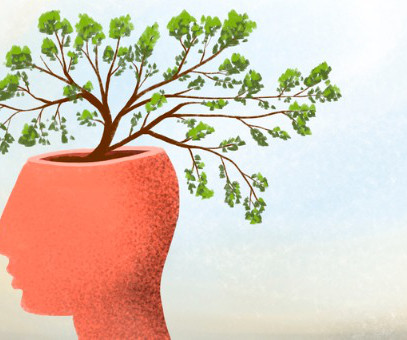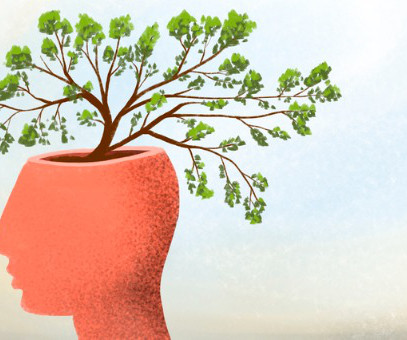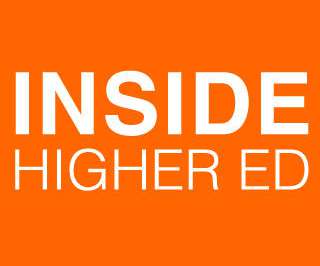Why supply chain insights are key for liberal arts programs
University Business
DECEMBER 19, 2022
These programs too often lead to “poor outcomes, including poor retention, poor graduate employability, and poor long-term earnings potential,” the authors said. The coursework in the crosshairs isn’t hard to divine, either: liberal arts mainstays such as literature, history, anthropology, sociology, philosophy, and psychology.













Let's personalize your content